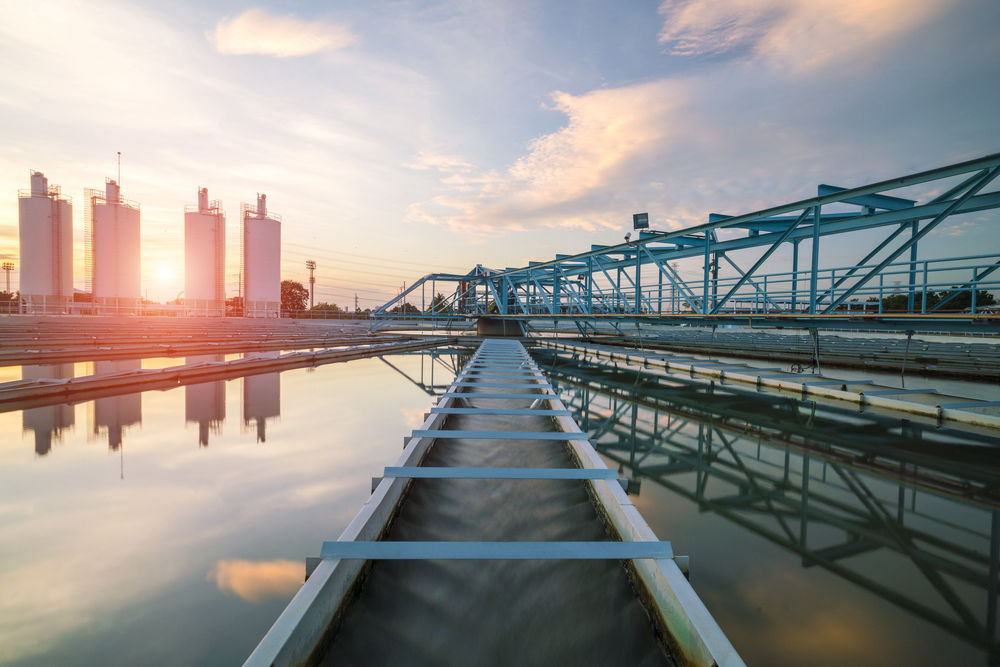Water bodies and ecosystems can become polluted if greywater is not properly disposed of, causing negative environmental effects. Chemical compounds found in greywater, such as phosphates and surfactants, contribute to nutrient imbalances and eutrophication. Excessive nutrients can lead to the rapid growth of algae and other aquatic plants, depleting oxygen levels in the water and causing harm to fish and other organisms. This phenomenon, known as algal blooms, creates dead zones where marine life struggles to survive.
Furthermore, greywater pollution can degrade the aesthetic value of water bodies, impacting recreational activities and tourism. As a result of inadequate greywater management, foam and scum accumulate, leaving an unpleasant odor.
When greywater seeps into the ground, it can infiltrate aquifers and contaminate the underground water reserves that serve as crucial sources of drinking water. Without proper treatment and filtration, harmful substances from greywater, such as pathogens and chemicals, can infiltrate the groundwater supply, compromising its quality and safety. It is not only human populations that are affected by contaminated groundwater, but also ecosystems that depend on it for survival.
Fish, amphibians, and invertebrates are particularly vulnerable to the chemicals present in greywater, which can disrupt their reproductive cycles, impair growth and development, and even cause mortality. Additionally, the introduction of foreign substances from greywater into aquatic ecosystems can lead to shifts in species composition, affecting the delicate balance of biodiversity. Indigenous flora and fauna may struggle to adapt to the changes, while invasive species may exploit the altered conditions, further disrupting the natural equilibrium.
By recognizing the severe environmental impact of inadequate greywater disposal, we highlight the urgent need for responsible management practices. In the following sections, we will explore the potential of greywater recycling as a sustainable solution and discuss the health and safety considerations associated with greywater disposal.


Follow Us on Instagram